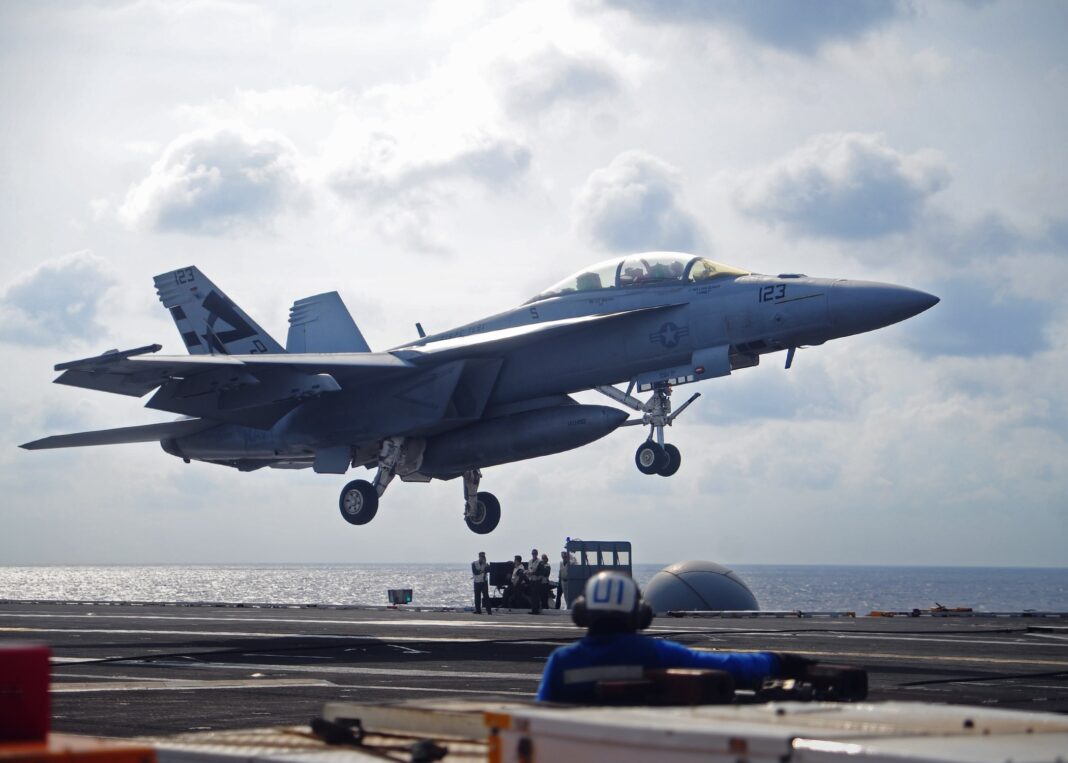The United States announced on Wednesday that it had blacklisted officials and executives of Chinese companies involved in the military build-up of the disputed South China Sea,. Further increasing tensions in the region ahead of the November elections on the same day in which Beijing would have fired missiles. Including an “aircraft-carrier killer” to the sea as a warning to the United States.
Beijing launched two medium-range missiles into the South China Sea in a scathing warning to the United States, as tensions between the superpowers rise, raising fears of a Third World War in the region. The move came on Wednesday morning, a day after China said a US U-2 spy plane entered a no-fly zone without permission. A source close to the Chinese military is believed to have told local media that the missile launch was intended to send a warning to the United States. The missiles were launched towards the Paracel Islands and the southeastern province of Hainan in southern mainland China.
The State Department announced the blacklist on Wednesday morning. Direct family members of those affected may also be prohibited from traveling to the United States, the department said.
At the same time, the Commerce Department reported that it had added 24 Chinese state-owned companies.. Including subsidiaries of China Communications Construction Company, to its commercial blacklist for their role in the construction of artificial islands. And other activities that cause significant environmental damage. And infringe the claims of other nations.
Secretary of State Mike Pompeo said in a statement… That the travel ban would apply to Chinese “responsible or complicit in the large-scale reclamation. Construction or militarization of disputed outposts in the South China Sea, or the use (from China) of coercion.. Against claimants from Southeast Asia to inhibit their access to offshore resources.”
Other News :- Elon Musk promises demo of a working Neuralink device on Friday
The source said the missile launch was aimed at improving China’s ability to deny other forces access to the South China Sea, a disputed region. “This is China’s response to the potential risks posed by the increasingly frequent US fighter jets and military vessels in the South China Sea,” the source said.
Both the Ministry of Foreign Affairs and the Ministry of Defense of China have criticized the United States for sending spy planes into mainland airspace during military exercises; the Ministry of Foreign Affairs has filed a formal protest.
Wu Qian, a spokesman for the Defense Ministry, said the invasion seriously affected China’s normal military exercises and training activities.
It violated the rules of behavior for aviation and maritime security between China and the United States. As well as relevant international practices, Wu said. “The action by the United States could easily have resulted in errors of judgment and even accidents,” Wu said. Adding that it was a flagrant act of provocation.















